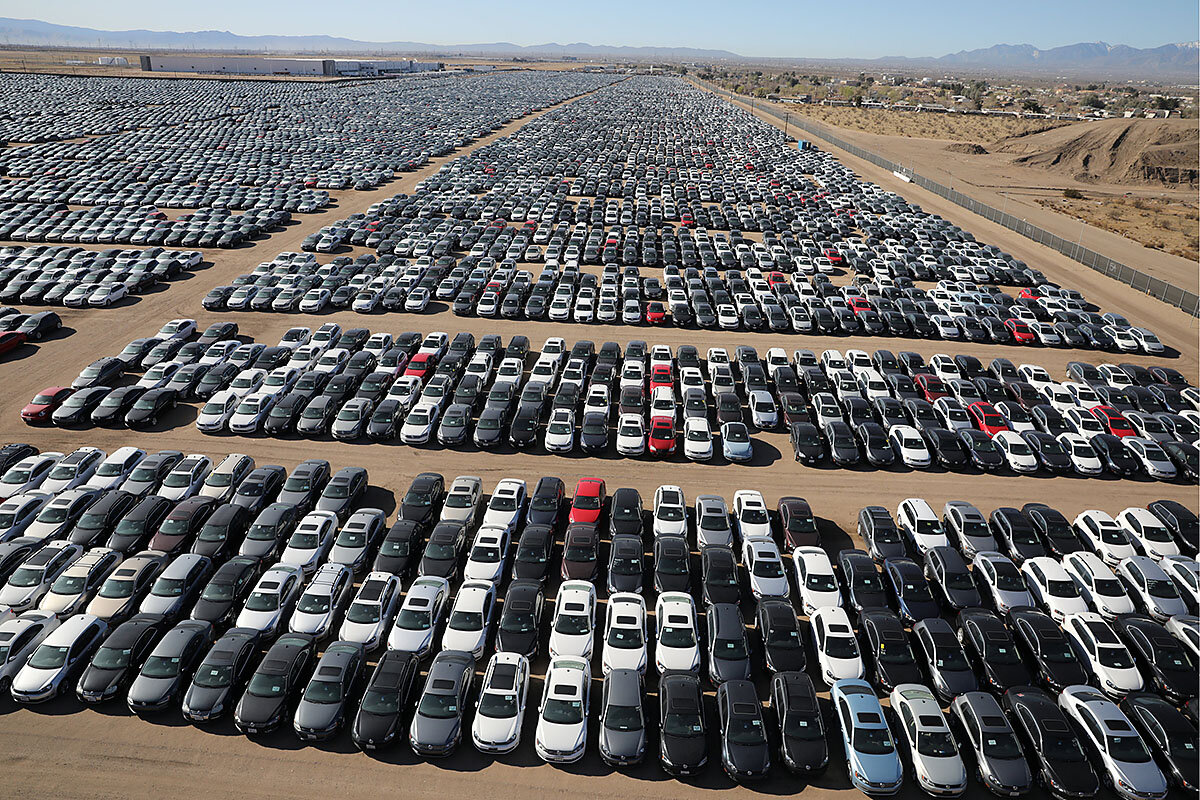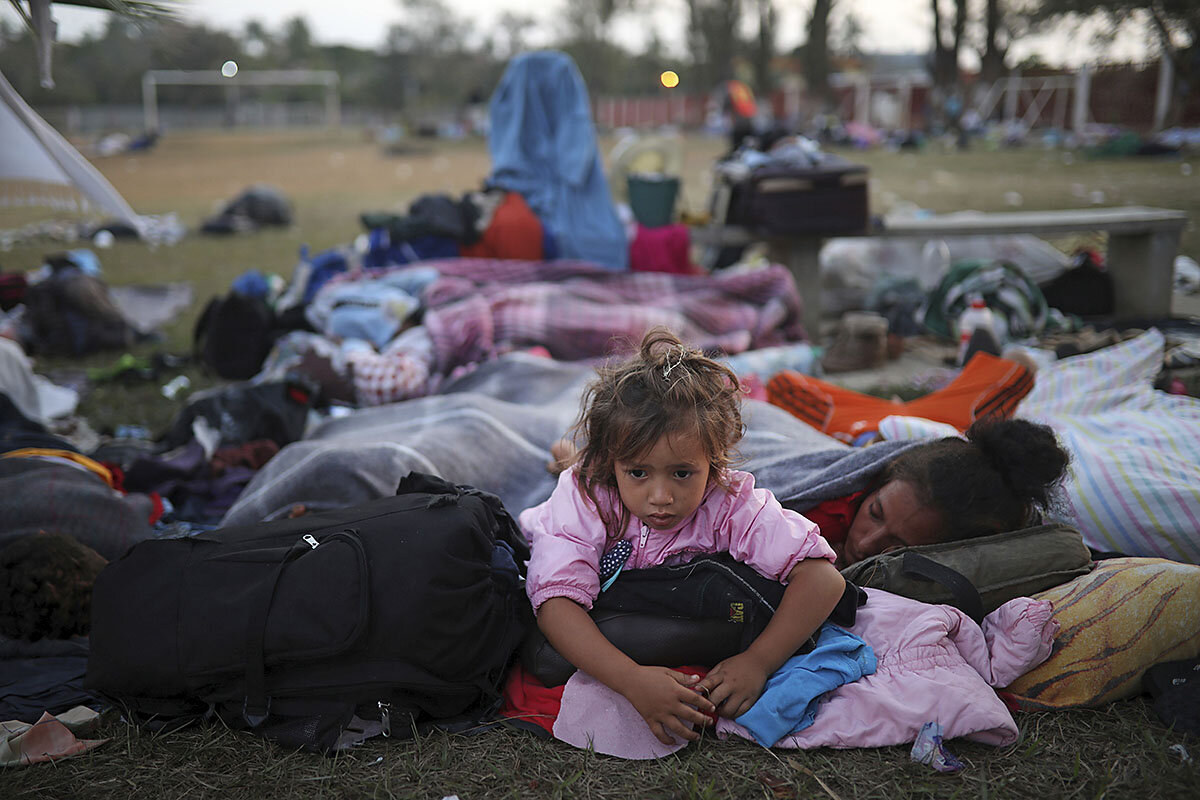The EPA appears ready to ease auto fuel-efficiency standards, arguing the industry should be free to make the cars people want and can afford. But even within the auto industry, some say another value is also vital: protecting Earth’s climate.
Monitor Daily Podcast
- Follow us:
- Apple Podcasts
- Spotify
- RSS Feed
- Download
 David Clark Scott
David Clark Scott
We don’t usually cover presidential tweet storms. But as a former Mexico City correspondent, I couldn’t resist sifting the facts from the fearmongering.
President Trump wants a border wall and has tweeted concern about “caravans” of migrants bound for the United States.
In reality, there’s only one caravan, with about 1,100 people, mostly from Honduras. This annual Easter event is part theatrical protest and part exodus. The destination of this year’s “Stations of the Cross” march isn’t the US border: It’s a migrant rights symposium in the central Mexico state of Puebla.
Yes, some members of the caravan are likely headed for the US. Some might try to enter illegally. But they could also legally apply for asylum in the US or Mexico: Gang-infested Honduras has one of the highest murder rates in the world.
Mexico’s enforcement of its southern border has tightened in recent years, as we’ve reported. But Mexico’s asylum policies were also relaxed in 2011. Last year, Mexico granted asylum to almost 10,000 people (mostly Central Americans), triple the number of the previous year.
Every nation seeks a balance between compassion and security, generosity and rule of law. But sowing fear about an Easter caravan seems more like windmill tilting than a serious effort at protecting the US border.
Now to our five selected stories, including a look at the ebb and flow of gun rights in Florida, how cities are adapting to counter flooding, and the enduring crosscurrents of ethics and technology in a 50-year-old movie.









